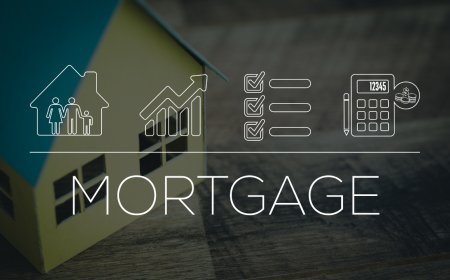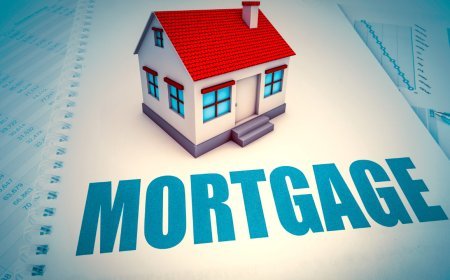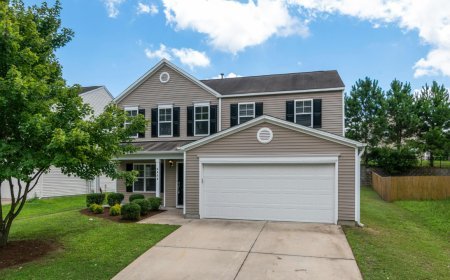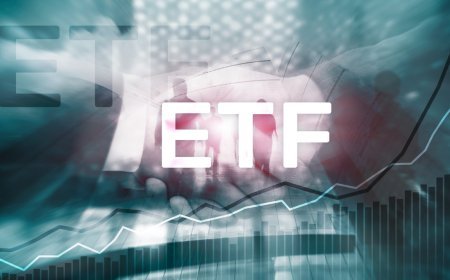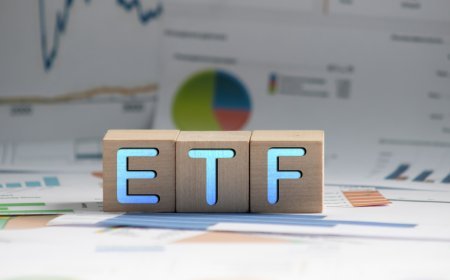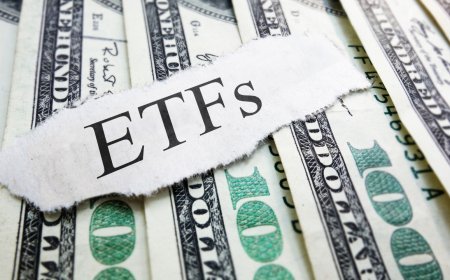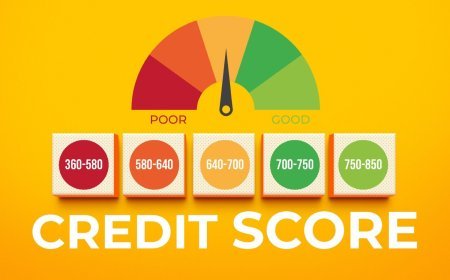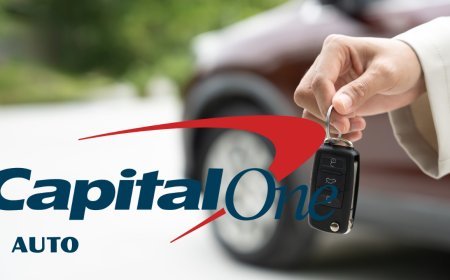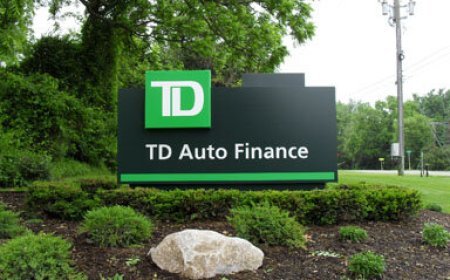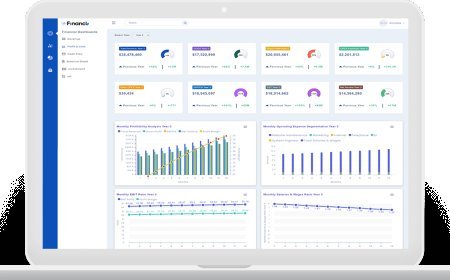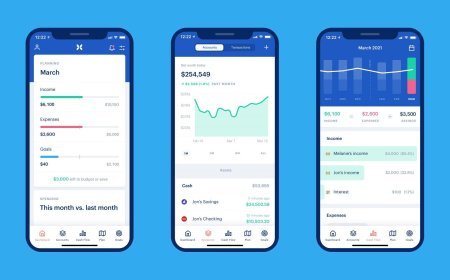Rocket Mortgage ONE+ Program Review
In this review, we break down Rocket Mortgage’s ONE+ program, a 1% down payment mortgage designed for low-to-moderate-income buyers. You’ll learn how it works, who qualifies, its biggest benefits like no monthly PMI, and the potential drawbacks to watch for—so you can decide if it’s the right path to homeownership.
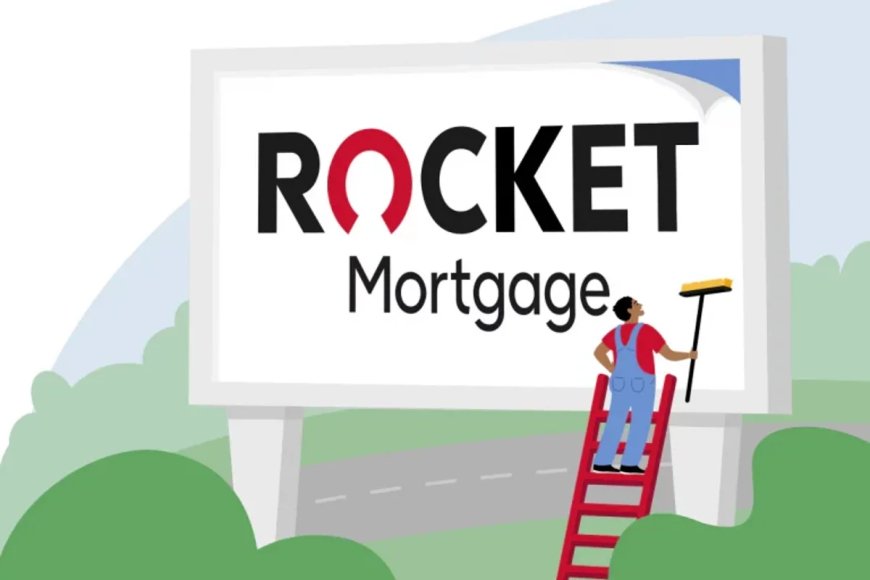
Overview
Rocket Mortgage’s ONE+ program, launched on May 22, 2023, is a 1% down payment mortgage designed to enhance homeownership accessibility for low-to-moderate-income Americans. This conventional loan allows eligible borrowers to contribute just 1% of the home’s purchase price as a down payment, with Rocket Mortgage providing a 2% grant to meet the 3% minimum required for conventional loans. Notably, the program eliminates the need for private mortgage insurance (PMI), which is typically required for down payments below 20%, potentially saving borrowers significant monthly costs.
How It Works
Under the ONE+ program, a homebuyer applies for a loan with a 1% down payment, and Rocket Mortgage contributes a 2% grant, ensuring the borrower starts with 3% equity in the home. This aligns with the minimum down payment requirements for government-backed agencies like Fannie Mae and Freddie Mac. The total down payment, including the grant, cannot exceed 4.99%. The program is available for single-family homes, including manufactured homes, and is open to both first-time and repeat homebuyers nationwide.
For example, on a $250,000 home, a borrower would need only $2,500 down instead of the $7,500 typically required for a 3% down payment. By covering the PMI upfront in a lump sum, Rocket Mortgage eliminates the monthly PMI cost, which can range from 0.5% to 1.5% of the loan amount annually (approximately $245 per month on a $242,500 loan). This can save borrowers up to $20,500 over seven years, the average duration PMI is required.
Eligibility Requirements
To qualify for ONE+, borrowers must meet the following criteria:
-
Income: Household income must be at or below 80% of the area median income (AMI). For instance, if the AMI is $100,000, the borrower’s income cannot exceed $80,000.
-
Credit Score: A minimum FICO score of 620 is required.
-
Property Type: The loan is restricted to single-family homes or manufactured homes that will serve as the borrower’s primary residence.
-
Debt-to-Income Ratio (DTI): While Rocket Mortgage does not explicitly state a DTI limit, borrowers must meet standard DTI requirements for conventional loans, ensuring they can manage monthly payments.
Pros
-
Low Down Payment: The 1% down requirement significantly reduces the upfront cost, making homeownership more accessible for those struggling to save for a traditional 3%–5% down payment.
-
No PMI: Eliminating monthly PMI fees reduces monthly payments, improving affordability. For example, this could save hundreds of dollars monthly compared to other low-down-payment loans.
-
Broad Eligibility: The program targets over 90 million Americans who meet the income requirements, based on publicly available income data, and is available to both first-time and repeat buyers.
-
No Down Payment Assistance Cap: Unlike competitor United Wholesale Mortgage’s 1% down program, which caps assistance at $4,000, Rocket Mortgage imposes no limit on the 2% grant, making it more flexible for higher-priced homes.
Cons
-
Higher Interest Rates: While Rocket Mortgage claims rates are comparable to those for higher down payment loans, industry experts suggest borrowers may face slightly higher rates to offset the lender’s risk and the cost of covering PMI.
-
Closing Costs: The program does not cover closing costs, which range from 3% to 6% of the loan amount (e.g., $7,500–$15,000 on a $250,000 loan), potentially offsetting some of the upfront savings.
-
Risk of Negative Equity: With only 3% equity at the start, borrowers in markets with declining home prices could end up owing more than their home is worth, especially if prices drop soon after purchase.
-
Income and Property Restrictions: The 80% AMI cap and single-family home requirement limit eligibility, excluding higher-income borrowers or those seeking multi-family properties.
-
Potential Financial Strain: Borrowers with limited savings may struggle with homeownership costs beyond the mortgage, such as maintenance or unexpected repairs, increasing the risk of financial distress.
Is It Worth It?
The ONE+ program is a compelling option for low-to-moderate-income borrowers who can manage monthly mortgage payments but lack the savings for a larger down payment. The elimination of PMI and the 2% grant make it more affordable than many traditional low-down-payment loans, such as FHA loans requiring 3.5% down. However, the program is not without risks. Borrowers should be cautious of higher interest rates, closing costs, and the potential for negative equity in volatile markets. Those with minimal savings beyond the 1% down payment may also face challenges covering ongoing homeownership costs.
Compared to similar programs, like United Wholesale Mortgage’s 1% down option, ONE+ stands out for its lack of PMI and uncapped grant, but borrowers must still qualify under strict credit and income guidelines. Experts emphasize that while the program expands access to homeownership, it’s not a one-size-fits-all solution. Borrowers should carefully assess their financial stability and local market conditions before committing.
Comparison to Historical Context
Some critics draw parallels to the subprime mortgage crisis of the early 2000s, but key differences exist. ONE+ requires thorough financial vetting, including credit scores of at least 620 and verified income, unlike the lax standards of the pre-2008 era. Additionally, these are fixed-rate, 30-year mortgages, avoiding the adjustable-rate pitfalls that fueled the crisis. However, the low equity stake raises concerns about borrower vulnerability in a market downturn, though experts argue the risk is more on the lender than the borrower.
Reddit Sentiment
Reddit users have mixed views on the ONE+ program. Some praise its affordability, noting it could help young or first-time buyers enter the market. Others caution about the risks of low equity and potential predatory lending practices, with concerns about higher interest rates or the lender reclaiming homes if payments falter. The sentiment reflects both optimism for accessibility and skepticism about long-term financial implications.
What's Your Reaction?
 Like
0
Like
0
 Dislike
0
Dislike
0
 Love
0
Love
0
 Funny
0
Funny
0
 Angry
0
Angry
0
 Sad
0
Sad
0
 Wow
0
Wow
0






